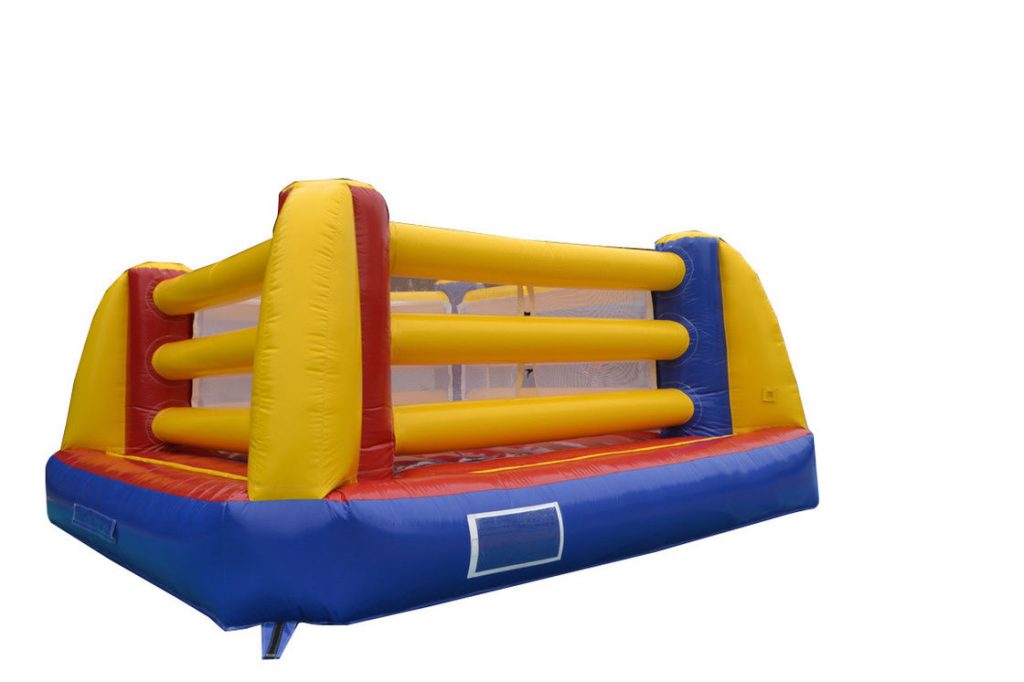A best cat litter should have with good odor control, well-scoop ability, clumpability and dust control features. However, the majority of litters on the market for our feline friends are clay-based and alternative types that have plenty of popularity and availability. Litters made from a variety of natural sources have advantages over clay. The deciding factor, through usually comes down to what kitty prefers.
Environment-friendly Cat Litter:
A major advantage to non-clay cat litters are made from biodegradable, renewable resources is that they do not clog up landfills. Clay based litters are not biodegradable and won’t break down the way that litter made from recycled paper, wood, corn cobs, peanut or walnut shells and wheat do. You can compost these biodegradable cat litters easily in your yard, after removing the cat feces from them. Whether clay is a strip mined nonrenewable resource which has a negative impact on the environment.
Easily Flushable:
When your flush clay-based clumping or non-clumping litter, you will shake your head at the plumbing issue caused when it forms cement like deposits in your pipes. Some cat litters, even some that clump are safely flushable because they break up in water. Check with your municipality to ensure that flushing cat waste is allowed in your area. In some places sea life is at risk of spread through waste. These are very dangerous for our ecological system.
Light Weighted and Handy:
If you hate lugging that giant tub of heavy clay-based litter, do not fret. Now there are many alternative litter types on the market are comparatively lighter than traditional clay based ones. Plant based litters weigh around 25 percent less than equivalent volume of clay litter. At the same time, these are long lasting than clay based ones. Conversely, paper based cat litters are 300 percent more absorbent than clay to better clump and contain odors.
Healthy and Safe:
Clay litters are made of sodium bentonite and quartz silica which could be harmful for your feline friend. These are made with harsh chemicals and harmful if eaten. Usually, a kitty does a lot of digging around in the litter box, so she is bound to lick whatever chemicals are in it off of her dainty feet and inhale any litter dust. Sometimes kitten does not like scented cat litters as they make them irritated.
What your Kitty Prefers the Most:
If your kitty has not been using the litter box, it could be because she prefers another type of litter. In this case, you can try using a soft, fine clumping cat litter that made of pine or recycled paper. Sometimes, other kitties might prefer the courser texture of silica or wood based pallets. You can place a few boxes of different types of litter next to each other and see which one your kitty prefers the most.
Furthermore, the above all crucial factors help you to choose the best cat litter for your feline friend. Make sure to choose a natural cat litter that fulfills all the requirements of your kitten to keep it safe and healthy. If you want to switch off your previous cat litter, you can do it by taking some careful precautions.
About Author:
The author of this article is working as an affiliated marketer for Perfect Litter. Perfect Litter develops, manufactures and distributes award winning natural cat litter from our facility in Dallas, Texas, to customers around the United States.



